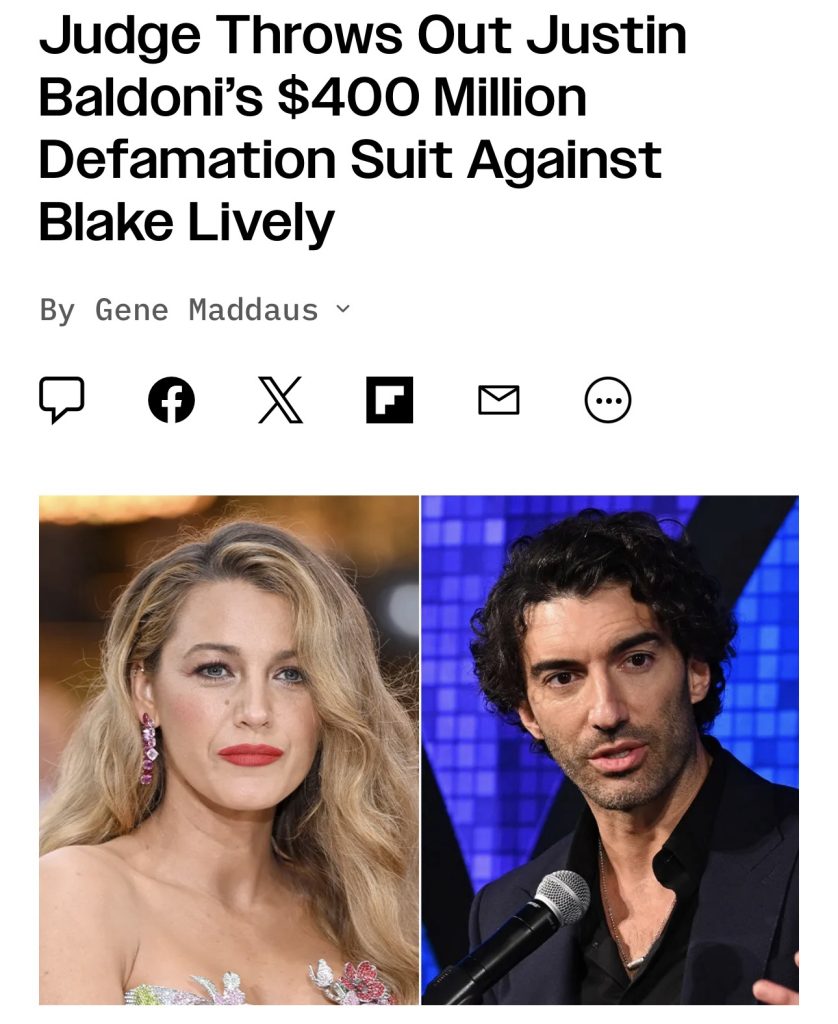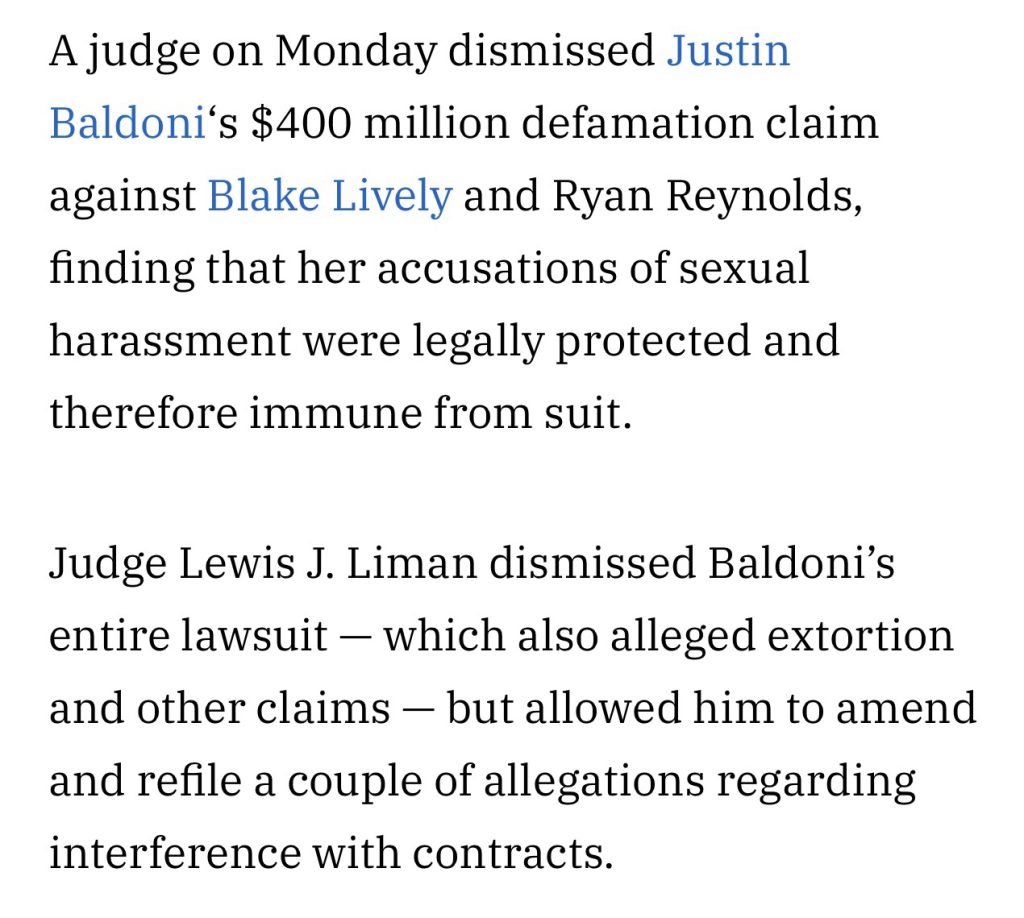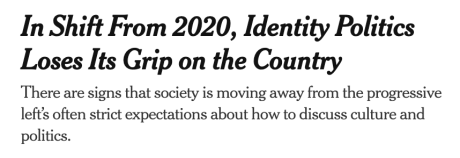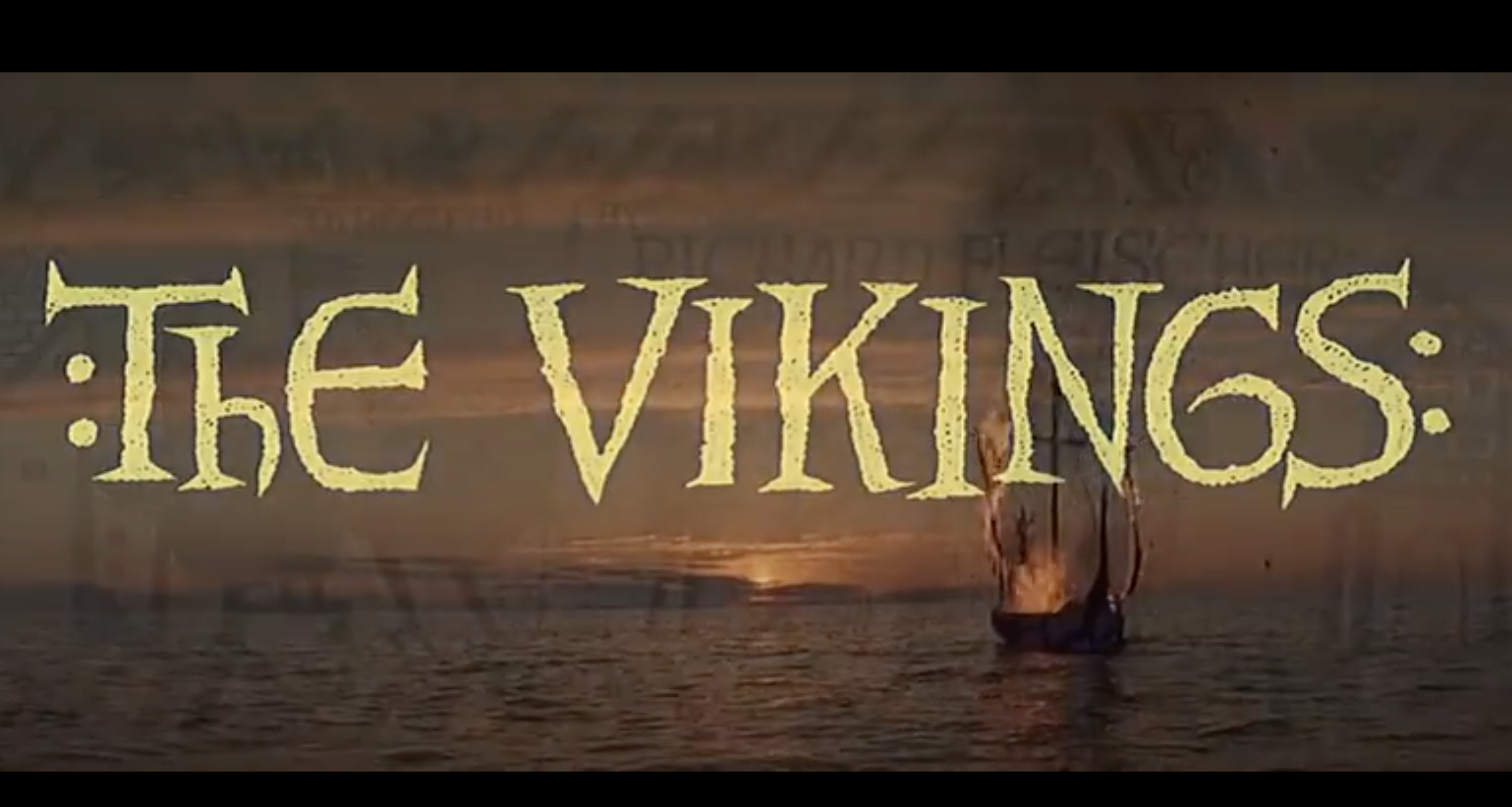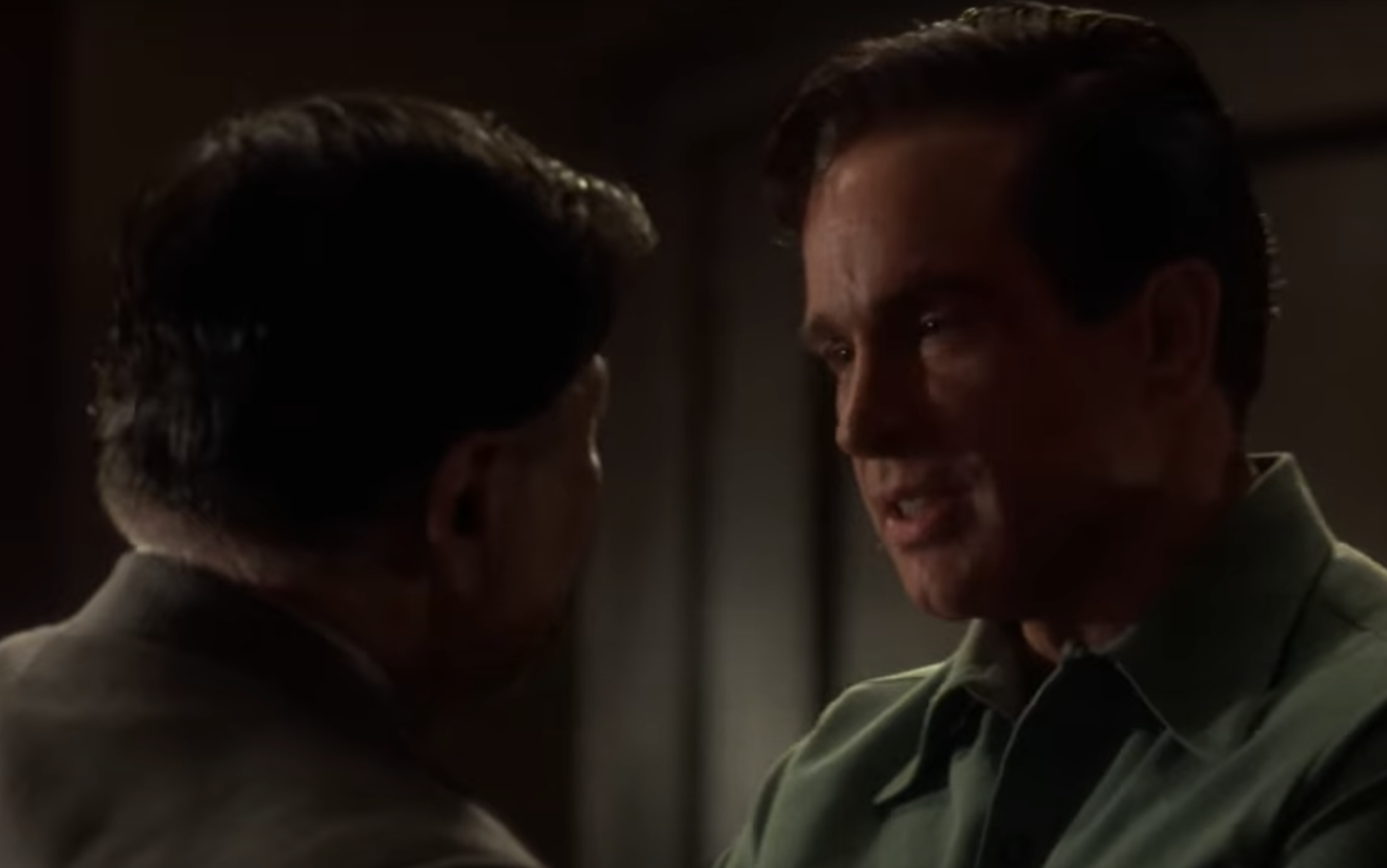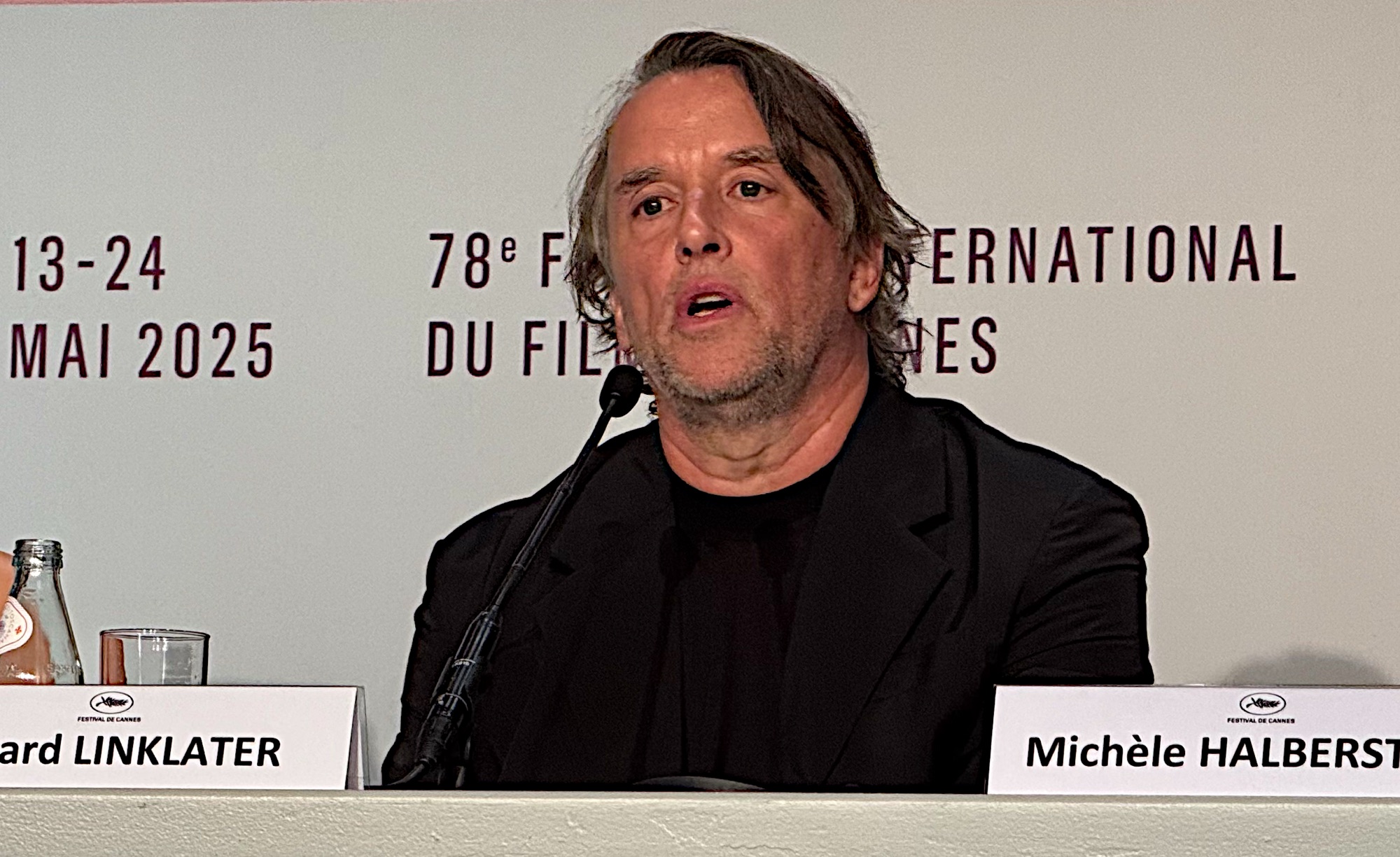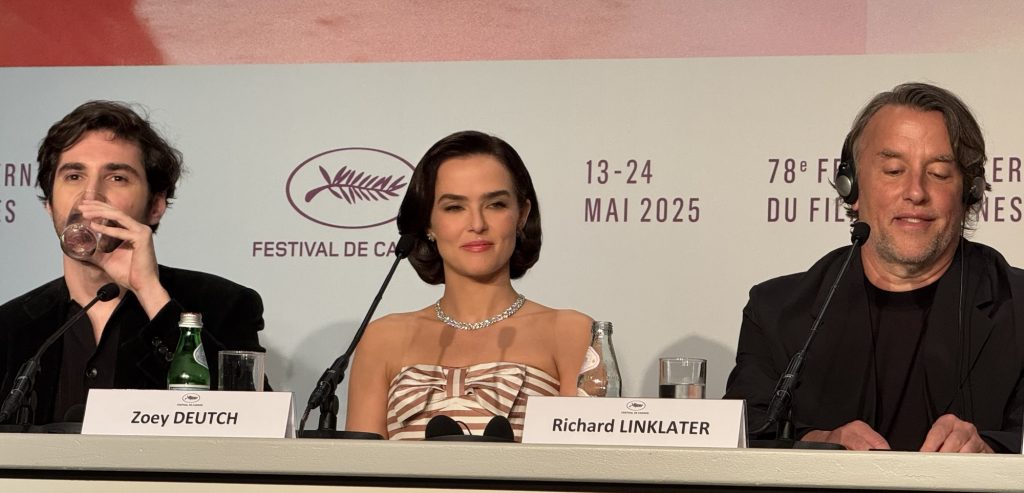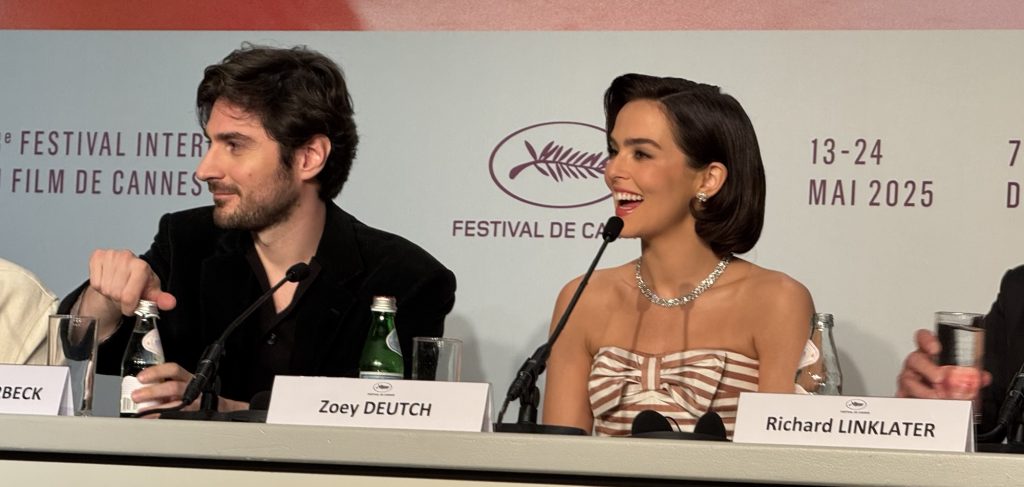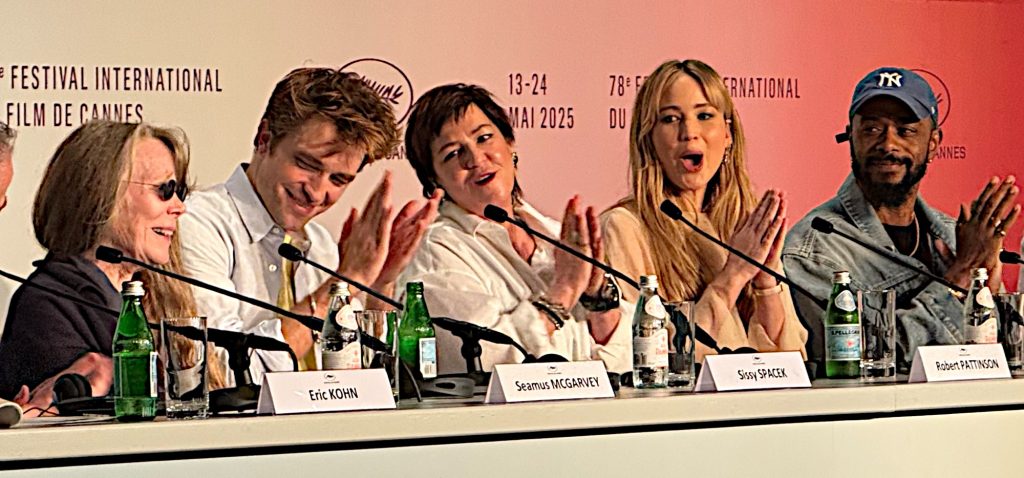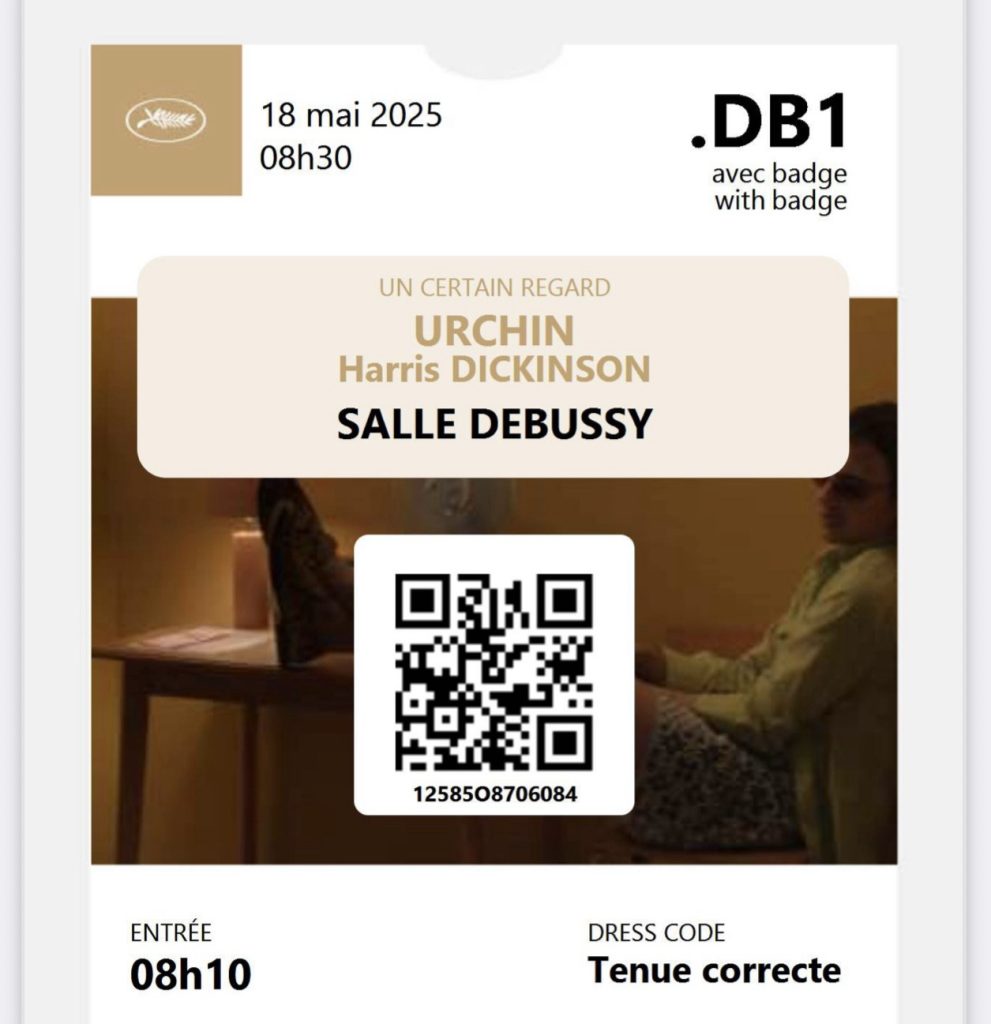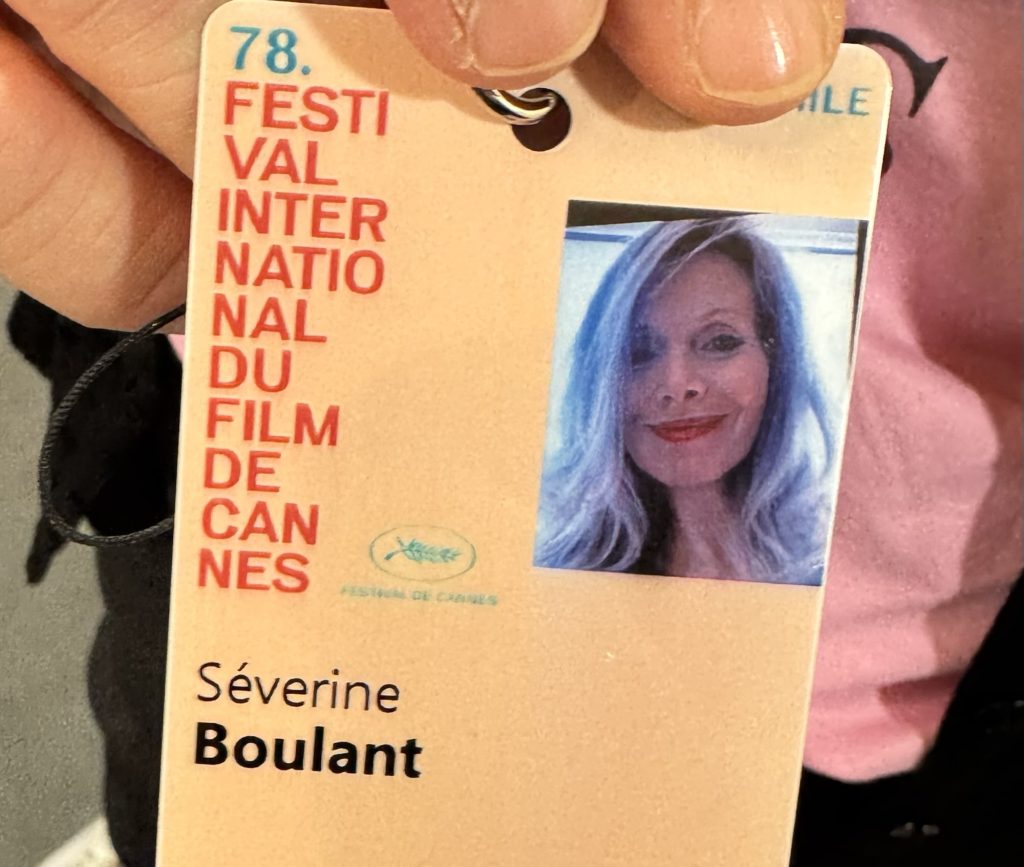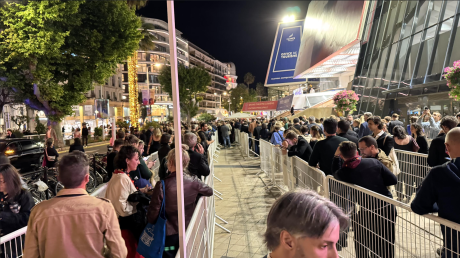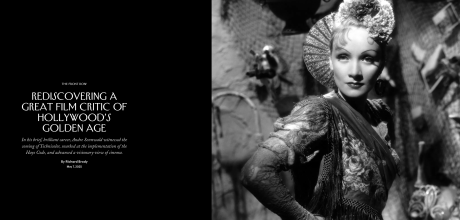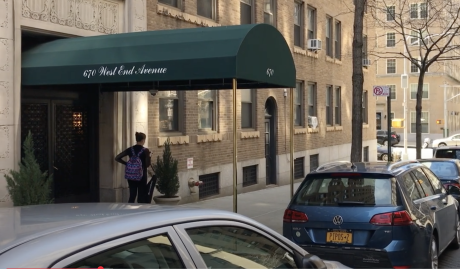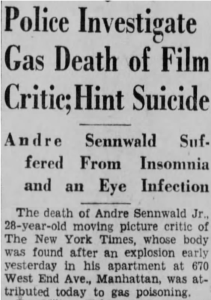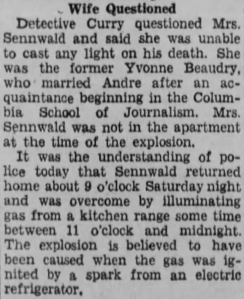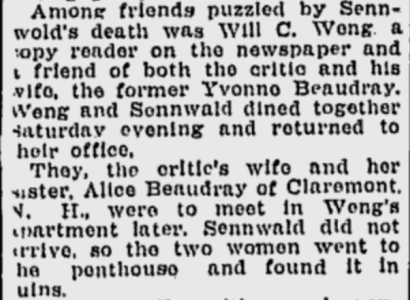If there’s one genuinely funny gag in this whole film, I’ll eat my gray, Chinese-made cowboy hat. Because it’s understood that this reboot will lean heavily on the same kind of gags that defined the old Leslie Neilsen versions. We know the newbie won’t even flirt with being truly subversive.
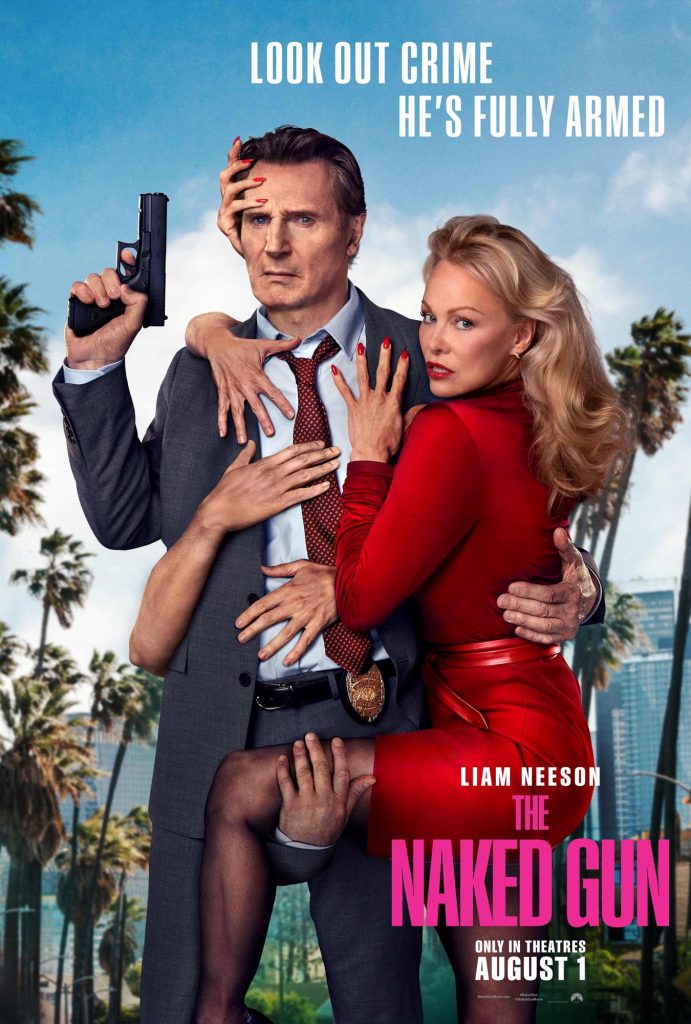
Witness testimony from a guy who’s seen it: “The O.J. Simpson gag is ostensibly the biggest laugh in the film, but I will give credit to a protracted sequence centering around Liam Neeson and Pam Anderson innocently making dinner in a kitchen while being observed through infrared surveillance equipment that makes it look like they’re having wild, savage sex. When they bend over an oven, the device translates it into something really funny visually. That bit felt fresh while the majority of the jokes are Antediluvian Marx Bros. one liners like ‘Would you like a chair?’ and ‘No, I have one at home’, and set within uninspired, rote situations.
“And there’s really no social commentary on law enforcement, save for one passing gag in a bar that hints of race relations. This entire film smacks of Seth MacFarlane’s patented derivativeness. He was obviously brought aboard to imitate instead of create. The studio wanted a redo of the first film and got that.
“Neeson< seems too old to start lampooning his serious action career, so there’s a sadness in watching him in this, but Anderson does really well. Her character isn’t a dimbulb like Priscilla Presley since she possesses a personal vendetta against the villain, a tech giant, and wants payback. THAT felt like an update.
“What I groaned at most were some puerile toilet jokes, something the original films never reveled in, as well as misplaced attempts at ‘warmth’ as Neeson pines for his lost ‘old man’ meant to dovetail affection for the late Leslie Nielsen. At least Neeson doesn’t mug as much as Nielsen increasingly did. Oh, there’s a touch of topicality from a driverless car and AI references. The bag guy invokes Elon Musk, and not just his technology but personal life.
“At one point, they were going to call this NAKED GUN: DREBIN’S INFERNO, which hints of where the finale goes. This is a cheapjack ‘in name only’ sequel. There’s some breaking of the fourth wall in the third act that aficionados will recognize as lifted from a few Monty Python episodes. This film looks so cheaply made that they’ll probably eke out enough money the first weekend, especially if there are review embargos, but this feels very much like the sort of sequel that normally Netflix would debut since a living room couch is more forgiving than a theater seat. Consider this a warning shot for the 2nd SPACEBALLS as well.”





